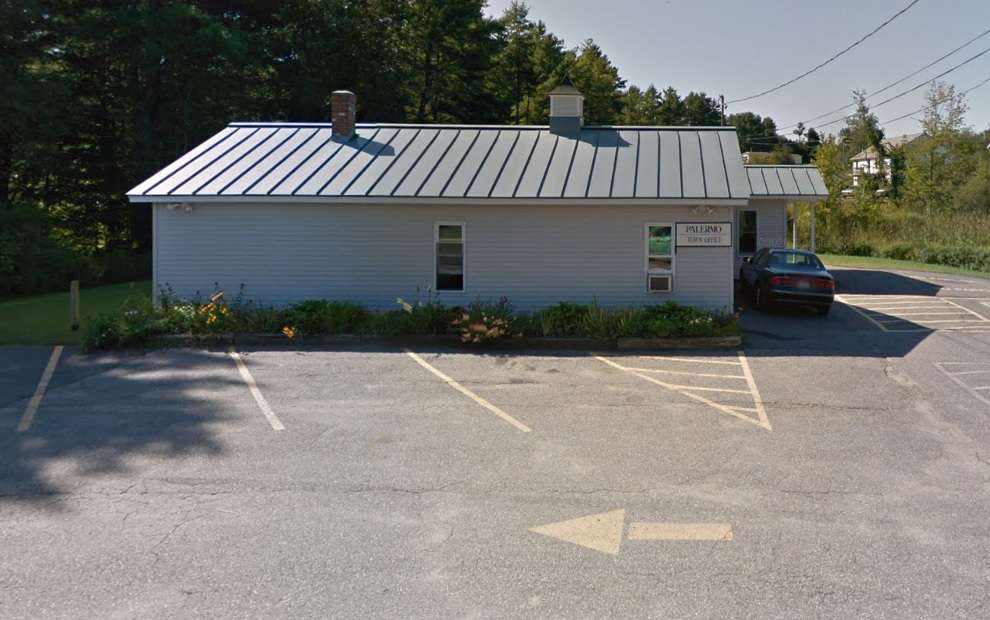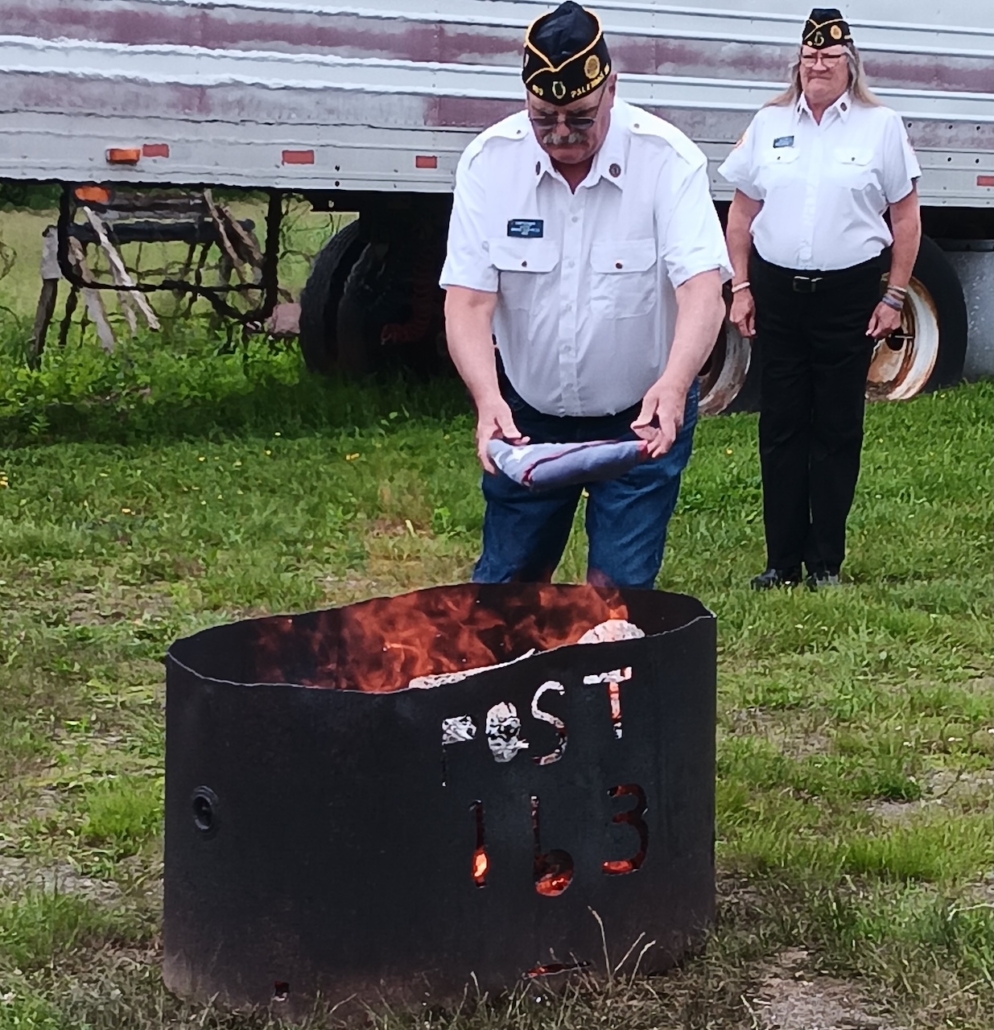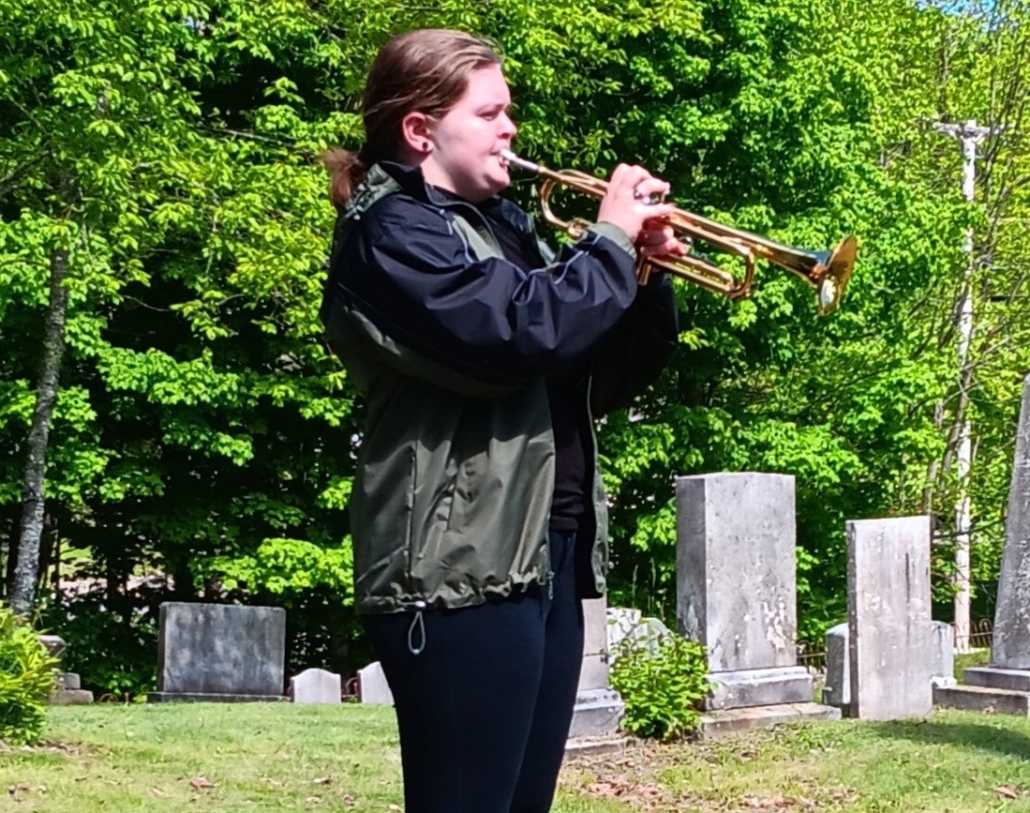Palermo voters to consider mooring ordinance

by Pamela McKenney
The subject of mooring and houseboating has become controversial in Maine. A minimal online search will reveal the conflicts between town and summer residents throughout Maine who recreate and live on Maine lakes, ponds, and streams versus those who moor or “colonize” a body of water without land ownership nor permits or permission. Some believe the lack of accountability leads to abuse and violations while others see it as a right since “you can’t own the water.” In an attempt to deal with the issue, many municipalities in Maine have developed ordinances in the interest of safe navigation, the rights of shorefront property owners, and the health of inland water ecosystems. The Town of Palermo is considering adopting such an ordinance to limit and control the placement of moorings and houseboats on waters bordering and within the town. Voters and stakeholders have an opportunity to learn more prior at:
- A Public Informational Meeting on February 16 at 5:00pm at the Palermo Library,
- Town Meeting: Saturday March 11th at 9AM at the Palermo Consolidated School (discussion prior to vote at Town Meeting)
With few exceptions, the State of Maine does not regulate the placement of moorings nor the anchoring of houseboats within the Water Safety Zone of Maine lakes, great ponds and streams. This supports established Water Safety Zone regulations, defined as the first 200 feet from the high-water mark of any shore or ⅓ distance to the opposite shore, whichever is less. The Department of Agriculture, Conservation and Forestry, Boating Facilities does regulate moorings beyond the Water Safety Zone and any marked channel or public boat launch that might impede free navigation. This means that placement of moorings and anchoring of houseboats inside the Water Safety Zone is left up to the discretion of individuals.
In regards to Palermo, without regulation, a person from any town or state; Augusta, Waterville, or Revere, Massachusetts, for example, could decide to moor a boat or a houseboat for the summer on Branch Pond, Sheepscot, or any other inland water. An individual could anchor a houseboat on Sheepscot for the summer or set up a mooring anywhere within the Water Safety Zone, and, currently, there is no method or means to restrict or limit the choice of location. Additionally, shorefront property owners might decide to moor their boat or swim float in front of a neighbor’s dock without permission. Or a boat leasing company with no shorefront ownership could set up a mooring platform for customer use. With access from a public boat launch, this is possible and without regulation – legal.
Municipalities have little to gain and much to lose if moorings and houseboats are abandoned or seep sewage or sink. Houseboating has become a particularly contentious issue. Perhaps due to the rising costs of shorefront ownership or maybe the tiny house trend, the popularity of staking claim to a mooring patch within the Water Safety Zone has increased. Many residents complain these property tax-exempt burdens are noisy, polluting, and a hindrance to fishing, navigation, and recreation.
Although the state does not regulate the placement of moorings and anchoring of houseboats, local municipalities in which a body of water lies can take action to develop standards to avoid leaving the health of public waters to the mercy of individuals who may have no stake in it. The Town of Palermo has taken the initiative to do so. As promoted by the Palermo Selectboard and as notified on the town website, a committee of stakeholders gathered last fall to examine other ordinances from other Maine towns (such as Belgrade, Harrison, Wayne, Casco, Rangeley…), to discuss the potential need for an ordinance, and to develop standards for mooring and anchoring on Palermo waters. These standards are designed to ensure that mooring installation, use, and maintenance as well as overnight anchoring does not:
- impair the public’s health, safety and welfare;
- result in degraded water quality, loss of aquatic habitat, or interference with navigation;
- infringe on the rights of shore land property owners.
See the Town of Palermo website for the full article or read it in the Town Warrant, available at the town office.
Maine’s inland waters exist for all to access and enjoy. Beyond human use and enjoyment, these waters sustain ecosystems vital to the health and identity of our state. In consideration of the standards outlined, Palermo voters have an opportunity and responsibility to decide the importance of regulation in protecting Maine waters by exerting control over mooring and anchoring houseboats.
Responsible journalism is hard work!
It is also expensive!
If you enjoy reading The Town Line and the good news we bring you each week, would you consider a donation to help us continue the work we’re doing?
The Town Line is a 501(c)(3) nonprofit private foundation, and all donations are tax deductible under the Internal Revenue Service code.
To help, please visit our online donation page or mail a check payable to The Town Line, PO Box 89, South China, ME 04358. Your contribution is appreciated!





Very helpful information as a resident of Palermo!
Thank you for this thoughtful and researched article regarding the use and enjoyment of our Maine lakes and shorefronts. I echo its concern, but would, however, like to clarify a few points that were made regarding the right to establish a mooring on an inland lake in Maine.
Only a shorefront property owner can establish a mooring (semi-permanent or permanent) within their water safety zone (w/in 200′ of their shoreline). This would include conserved land and land under trust or owned by a corp. or company.
An anchorage – by definition temporary, and holding a vessel by its own onboard anchor – may be established OUTSIDE of that 200′ area. Moorings are different than anchoring. There are established “anchorages,” yes, but those are designated by the US Coast Guard (typically on the ocean or Gulf/Bay waters and the Great Lakes), or other agencies with proper authority (i.e. a commercial marina where the water space is regulated).
I raise these points only to highlight that it is legal for anyone – fishing boat (personal or for hire), pontoon boat with family and friends, or houseboat – to ANCHOR on Maine lakes OUTSIDE the water safety zone. The concern that a random vessel or floating platform, associated with a houseboat or not, would anchor OR moor within a private owners’ water safety zone is unfounded – it would most certainly be against established regulation. A boat can’t even FLOAT within the water safety zone, let alone anchor or set up mooring there – it must be making headway speed …and only headway speed … so as to not disturb the shoreline ecosystem – nesting loons, erosion abatement, spawning grounds, etc.
Additionally, as it pertains to houseboats, there are regulations specifically prohibiting overboard dumping (I’m also looking at you, Pontooners… ahem… who spend the better part of a day enjoying a good cruise around the lake with a few brews with no onboard head…or those that “shower in the lake” as is evident on many lakes where shampoo bottles line the docks that I motor by). By regulation, all grey and black water must be collected in holding tanks that must also be emptied via a shore pumping facility. I’m not sure how long most can go without bathroom or shower facilities but if one were to “summer” on a houseboat all season on a lake in Maine, they would either need access to a marina that offers tank pumping (I have yet to find one on a lake in Maine) OR they would need to haul their boat once their holding tanks were full and find the nearest RV pumping station to relive their tanks… a laborious task.
I raise these points only to highlight the reality of house boating on Maine lakes, verse the often-overblown hysteria of derelict and unlawful use of boats or floating structures. To pull a quote from the article above – “Many residents complain these property tax-exempt burdens [houseboats] are noisy, polluting, and a hindrance to fishing, navigation, and recreation.” My answer would be – if they are, then they are clearly violating established regulations and laws. I would agree that I would not want any such boat or vessel on Maine lakes.
And I have plenty more to say about floating structures (aka party barges, floating cottages, etc.) that ARE NO houseboats and are in violation of regulations if they do not comply with local and state laws. Houseboats they are not and should not be conflated with BOATS that provide onboard sleeping, cooking, and bathroom facilities. But I will leave that for those who wish to engage further.
I am happy to have respectful, thoughtful discussions with anyone interested in doing so – it is a subject about which I am passionate. I am always eager and willing to help educate others who also share my passion for boating in Maine! I’m available at 443-852-1125 and rheanna.sinnett@gmail.com